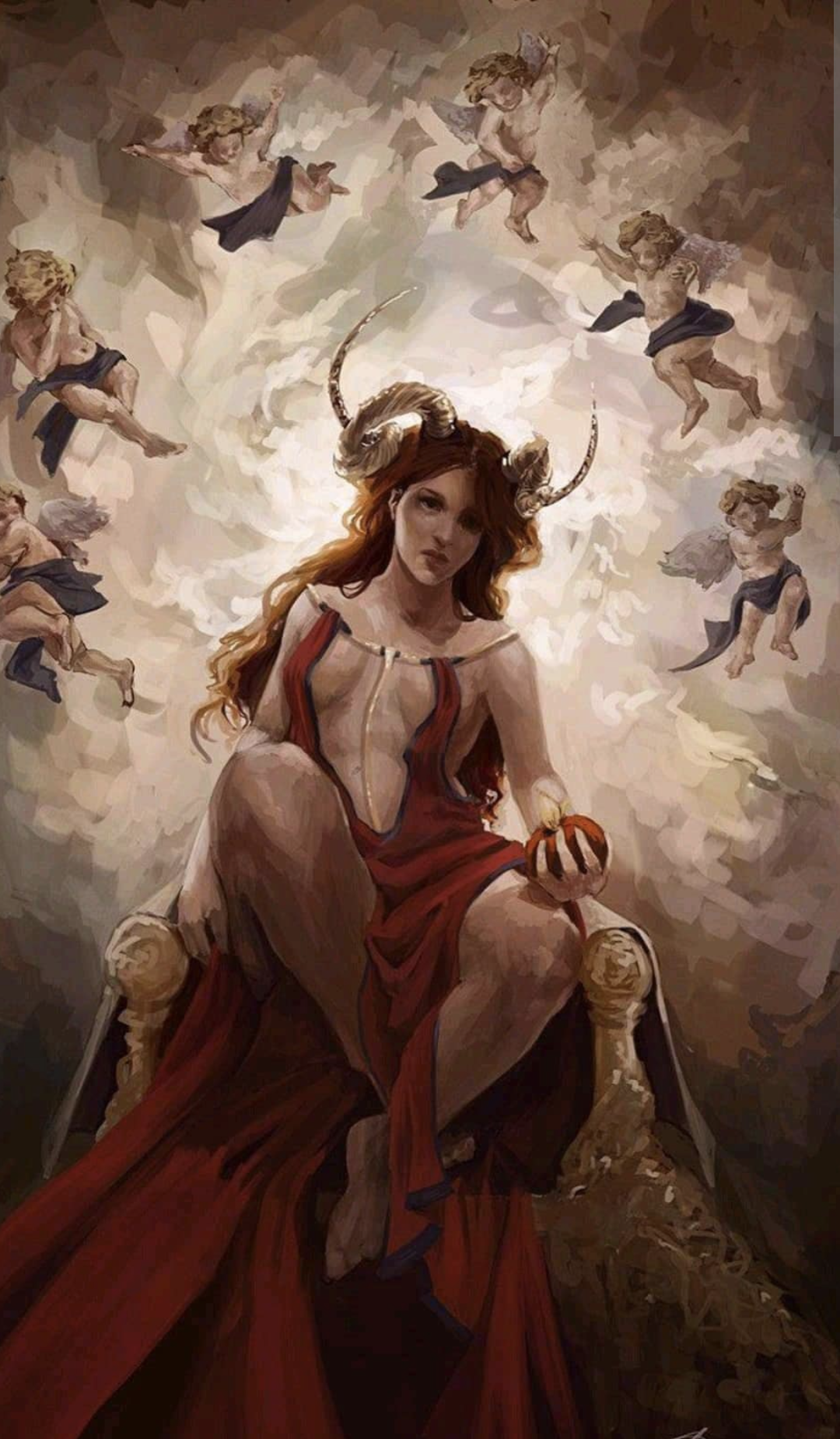Hadn’t seen this one before but I saw this in a book:
There once was a man from Peru,
Whose limericks stopped at line twoand then later in the same book they had
There once was a man from Verdun
I like this.
There are two types of people:
- Those who can extrapolate
eye twitches from incomplete data
There are 10 types of people in the world
All bases are base 10.
All bases are belong to us
There was once an unfortunate bard
Who found fashioning limericks hard.
He stopped at line three
There once was a bard from Japan
Whose limericks never would scan
When told this was so
He replied, 'Yes, I know"
“But I always try and fit as many words into the last line as I possibly can.”there’s really no need to say more
My favourite language joke:
What’s the difference between a cat and a comma?
One’s got claws at the end of its paws, the other’s a pause at the end of a clause
*fixed order
But a comma goes before the pause.
yeah doesn’t even work with the classic joke format, in which the words switch places. I’m sure the joke should actually be:
one has claws at the end of its paws, one denotes a pause at the end of a clause.
Yes I did mix up the order of the words cause of poor sleep. Thanks for correcting
There was a young man from south bend
Whose limericks all came to an end
Suddenly
Not a limerick but I want to share my favorite pun joke
I once submitted ten puns to a pun contest, hoping one would win, but
No pun intendedI always thought that joke needs an actual pun in the first half so the “no pun intended” has a valid double meaning. I came up with:
I told the sad ghost ten puns to raise its spirits. No pun intendid.
It’s word play.
No pun intended.
“No pun in ten did [win the contest]”Yes I understand. It works spelled that way. But “no pun intended” doesn’t work because there was no pun in the initial setup. In my version both meanings make sense
and then he said nothing more.
Reminds me of an oldie:
“Roses are red, Violets are blue. Some poems rhyme, This one don’t.”
I knew it as
Roses are red.
Violets are blue
I hate rhyming.
ZebraI will occasionally go out of my way to put together birthday cards etc for friends and family rather than buy something off the rack. One year I made this for my cousin:
Roses are red
(Rose dot jpeg)
Violets are too
(Violet in red dot jpeg)
open
I ran out of cyan
Happy birthday
whose limericks stopped at line four
Bad rhythm. Should be “whose limericks would stop at line four”
That depends on whether you treat “limericks” as a trochee (long-short, i.e. “lim-ricks”) or a dactyl (long-short-short, i.e. “lim-er-icks”).
Egerlach, they once called this bard
Who’d school any with whom he did spar
Whether trochee or dactyl
word choice was impec’ble
master of prosody, unflappable.
“Yer Mom was a ________”









